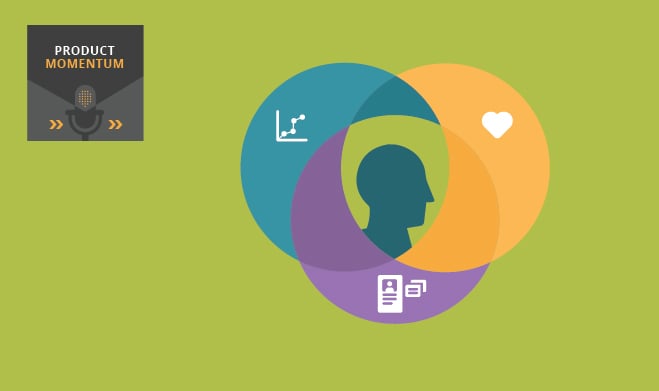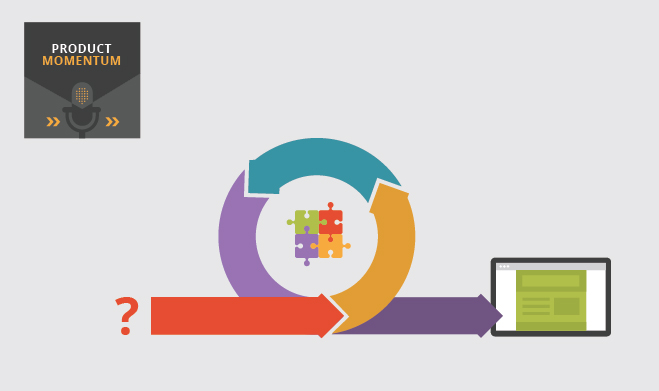ITX Product Momentum Podcast – A Pragmatic Approach to Product Management

Imagine a colleague asks you to describe the software product manager role. Where would you begin? So few of us actually studied this stuff in college. How can we hope to explain it when we’re not even sure we’re doing it right? We deliver MVPs for MVAs. We set goals using OKRs and KPIs. And we apply a host of methodologies to build all this incredible software. But in the midst of all the jargon, it’s easy to lose sight of our greater purpose.
In this episode of the Product Momentum Podcast, Sean and Paul chat with Johanna Rothman. Also known as the “Pragmatic Manager,” Johanna helps product leaders identify problems, recognize opportunities, and remove obstacles in their development process. Though she has authored more than a dozen books on digital product management, Johanna sees software not as the end goal – but as the means by which we achieve that greater purpose – inspiring our teams to improve the world around us.










